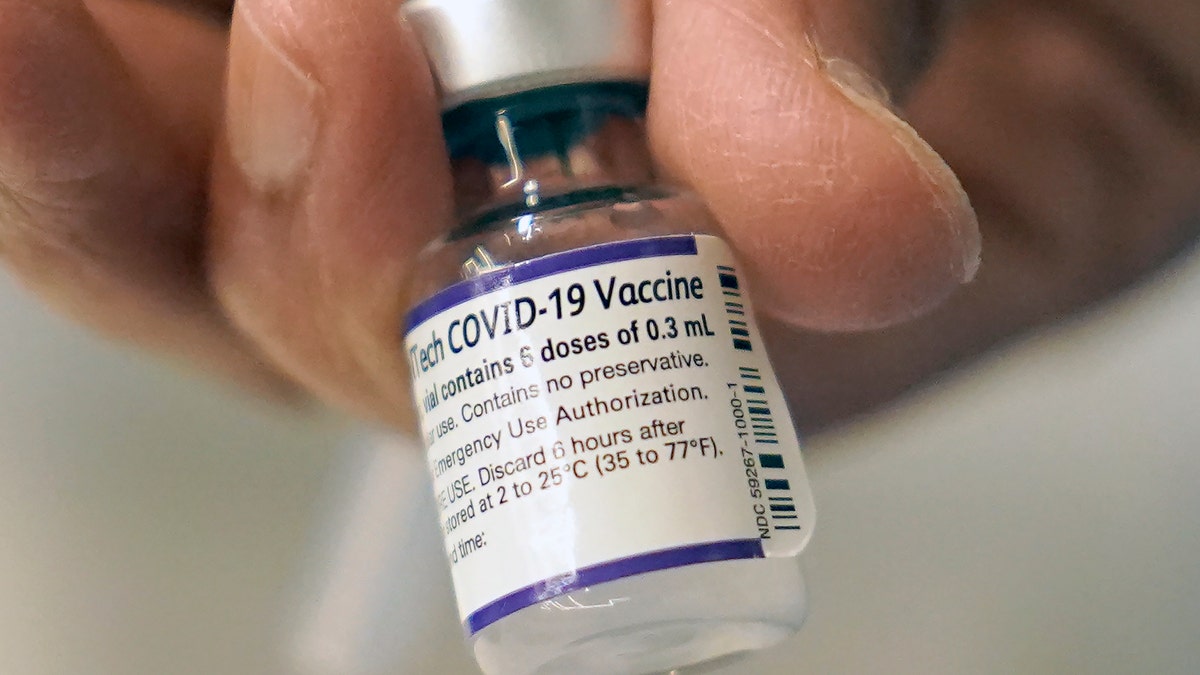The Centers for Disease Control and Prevention (CDC) announced this week that data indicates the current dominant strain of COVID-19 is no more severe than previous forms.
The JN.1 variant, currently the most common strain in the country, has no more severity than others, according to a report published Monday by the CDC.
“CDC continues to learn more about JN.1, but currently there is no evidence that it causes more severe disease,” the report stated.
WHO PANDEMIC TREATY ‘EQUITY THEATER,’ PENCE ADVOCACY GROUP SAYS, URGES US WITHDRAW FROM ‘UNSALVAGEABLE BODY’
It continued, “Current COVID-19 vaccines are expected to increase protection against JN.1, as they do against other variants, by helping prevent severe illness.”
JN.1, which is currently the country’s fastest growing variant, is expected to continue to increase in prevalence among COVID cases, the CDC stated. It is very similar to the BA.2.86 variant, which is an omicron subvariant that emerged in August.
It is now responsible for an estimated 85.7% of cases in the U.S. as of Jan. 22.
WASHINGTON POST URGES GOVERNMENT TO UNDERSTAND ‘WHAT SOCIETY STANDS TO LOSE FROM LOCKDOWNS’

Despite its quick growth, the agency has said “there is no evidence that JN.1 presents an increased risk to public health relative to other currently circulating variants,” as it does not appear to cause increased severity of illness.
The report was affirmed by CDC official Dr. Eduardo Azziz-Baumgartner during a webinar.
“There are early signals that that may not be the case,” Azziz-Baumgartner said when asked if the variant was more severe than past strains, though emphasizing that individuals could experience the virus differently.

“Now, it’s important to remember that how a virus affects an individual is a unique ‘n’ of one,” Azziz-Baumgartner said. “It could be very severe. People could die from a virus that, to the general population, may be milder.”
The vaccines, tests and treatments that are currently available are expected to be effective against JN.1.
Fox News Digital’s Melissa Rudy contributed to this report.
Read the full article here